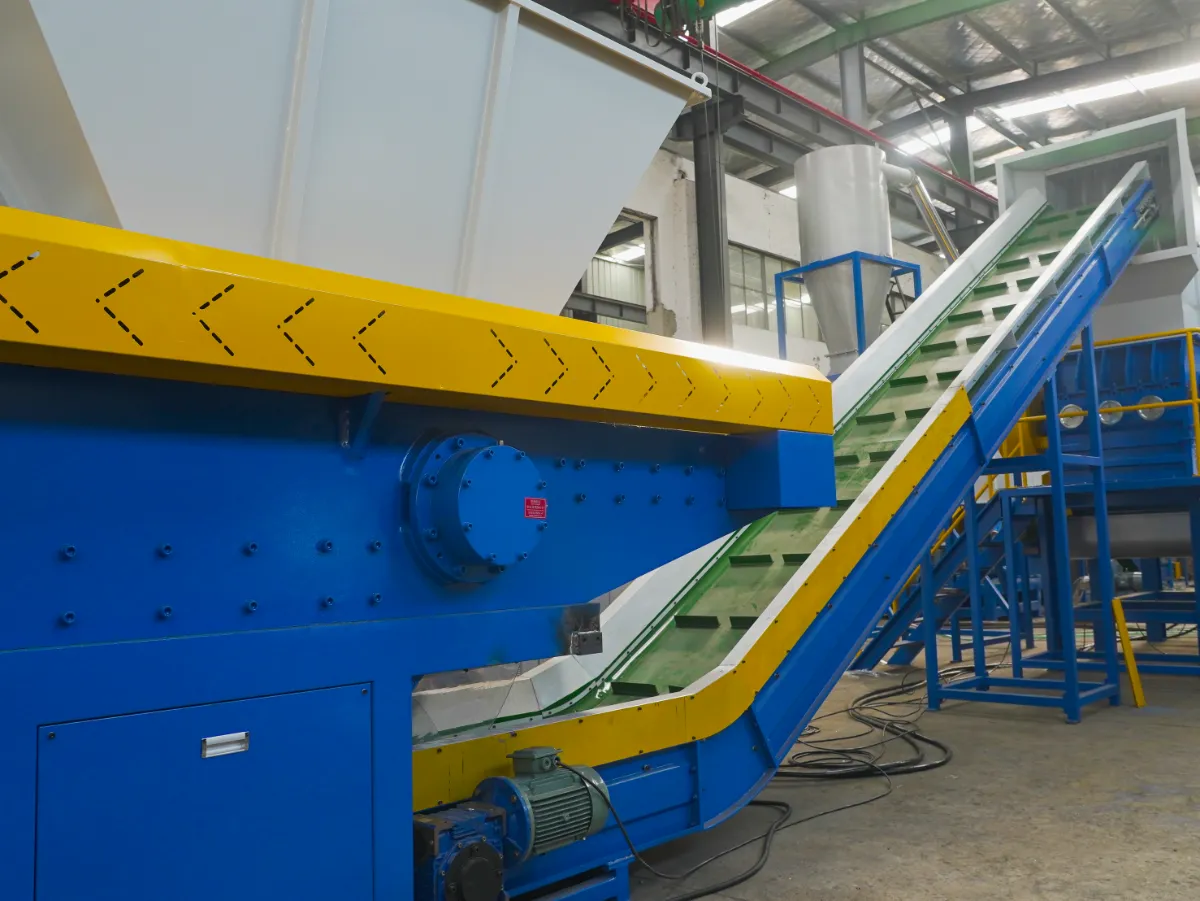In today’s economy, businesses and individuals alike are increasingly driven by both financial motives and a commitment to sustainability. This dual focus has propelled the plastic recycling industry into the spotlight, presenting an opportunity for savvy investors and environmental advocates to merge their economic and ecological goals. Central to this opportunity is the plastic recycling machine price, a figure that carries significant weight in the decision-making process. This article delves into a cost-benefit analysis of investing in plastic recycling machinery, aiming to unveil the economic viability and environmental impact of such an investment.
The Economic Perspective: Understanding Costs and Returns
Initial Investment and Operational Costs
The initial purchase price of a plastic recycling machine can be substantial. Depending on the machine’s capacity, technology, and manufacturer, plastic recycling machine prices can range from a few thousand dollars for basic models to several hundred thousand dollars for comprehensive systems. Operational costs, including maintenance, labor, and energy consumption, also contribute to the overall financial burden.
Revenue Streams and Savings
Despite the significant upfront costs, plastic recycling machines open up various revenue streams. The sale of recycled plastic, either as raw material or finished products, represents a direct income source. Additionally, businesses can achieve substantial savings by reducing waste disposal fees and mitigating the costs associated with raw material procurement.
Government Incentives and Grants
Governments worldwide are offering financial incentives to promote recycling initiatives. These can significantly offset the initial plastic recycling machine price, making the investment more accessible and appealing.
The Environmental Impact: Beyond the Balance Sheet
Investing in plastic recycling machinery extends benefits far beyond the financial. By converting waste into valuable resources, these machines play a crucial role in reducing the environmental footprint associated with plastic production and disposal.
Reduction in Plastic Waste
The most immediate impact is the significant reduction in plastic waste, a critical step towards mitigating the global plastic pollution crisis. By reprocessing plastic waste, we can decrease the volume of plastics ending up in landfills and oceans.
Conservation of Resources
Plastic recycling conserves petroleum, a non-renewable resource used in virgin plastic production. It also reduces energy consumption by up to 88% compared to producing new plastic, according to some studies.
Making the Decision: Is It Worth It?
The decision to invest in a plastic recycling machine involves careful consideration of both the plastic recycling machine price and the potential financial and environmental returns. While the initial costs may be high, the long-term benefits—ranging from reduced operational costs to a smaller environmental footprint—present a compelling case.
Conclusion
As the world moves towards a more sustainable future, the role of plastic recycling machines becomes increasingly vital. Despite the daunting initial investment, the financial and environmental payoffs suggest that such an investment is not only viable but essential. The key lies in thorough research, careful planning, and leveraging available incentives to mitigate the plastic recycling machine price. By doing so, businesses and individuals can contribute to a greener planet while also securing a profitable venture.
Frequently Asked Questions (FAQs)
What factors influence the price of plastic recycling machines?
The plastic recycling machine price is influenced by the machine’s capacity, technology, manufacturer brand, and additional features.
Can investing in a plastic recycling machine be profitable?
Yes, investing in a plastic recycling machine can be profitable through the sale of recycled plastics, savings on raw materials, and reduced waste disposal costs.
Are there any financial aids available for purchasing plastic recycling machines?
Many governments and environmental organizations offer grants, subsidies, and tax incentives to support recycling initiatives, which can help offset the initial investment costs.
How does plastic recycling benefit the environment?
Plastic recycling reduces the amount of waste sent to landfills and oceans, conserves non-renewable resources like petroleum, and requires less energy than producing new plastic.
What should I consider before investing in a plastic recycling machine?
Consider the machine’s price, operational costs, potential revenue streams, environmental impact, and any available government incentives.
INQUIRIES
To get the latest prices and lead times, send us a message using the form below.
[contact-form-7 id=”c9499fe” title=”Contact form 2″]



